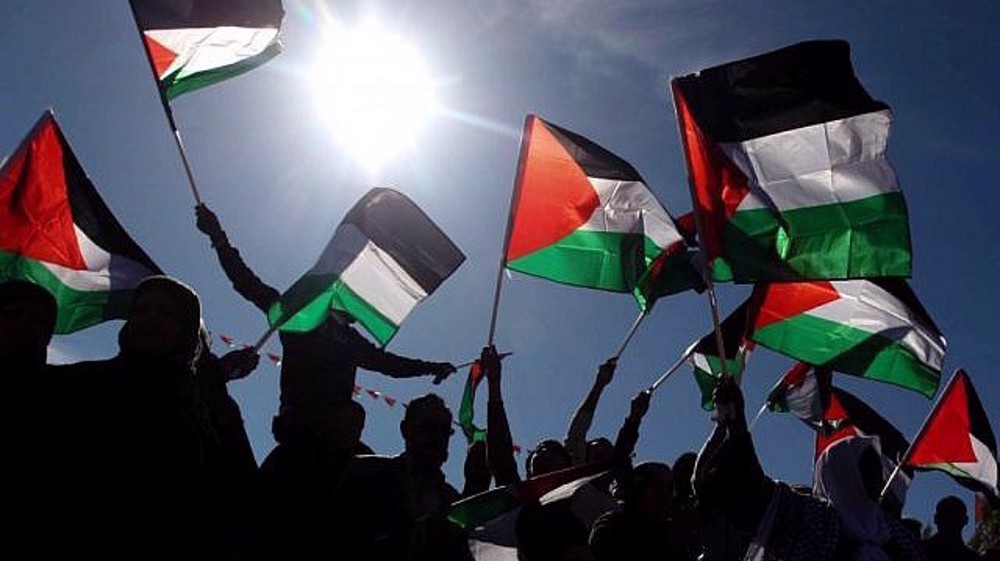Powerful cyclone hits Bangladesh coasts, 23 killed
Nearly two dozen people have been killed and hundreds of thousands of others displaced in Bangladesh after a powerful tropical storm triggered devastating floods and landslides in the country’s coastal regions.
Cyclone Roanu, the first such storm to hit Bangladesh in the annual cyclone season, made landfall on Saturday, unleashing heavy winds and downpours in the country’s southern coasts, with the southern and southeast regions of Barisal and Chittagong reported to be among the hardest-hit areas.
Over 100 people also sustained injuries during the massive storm, which inflicted damage to tens of thousands of mud-and-tin houses in the poor southern districts, with many low-lying villages submerged in raging floods as high as two meters (seven feet).
According to Mofazzal Hossain Chowdhury, Bangladeshi Minister of Disaster Management and Relief, authorities managed to move about half a million people into 3,500 shelters after the storm began to wreak havoc.
Reports say 11 of the victims lost their lives in the southwestern district of Chittagong.
According to Shah Alam, a police inspector in Chittagong, “seven people drowned at Banshkhali after the storm surge breached dykes at two places, inundating coastal villages.”

The storm also drowned a mother and a daughter on Hatiya Island after their village submerged in sea water, and killed three others on Kutubdia Island.
The cyclone left at least 250,000 people marooned in the Chittagong coast as the sea water broke down dykes and ripped through dozens of villages.
According to officials, by early evening Saturday, cyclone had lost much of its power and conditions appeared to be improving, allowing displaced people to return to their homes.
The storm also paralyzed road communications as well as power in many areas across Bangladesh.
However, the country’s meteorological department has warned that more landslides in southeastern hill districts are expected.
The South Asian country is prone to cyclones due to its sea level geography and location.
In 1991, a cyclone killed at least 140,000 people in the country, the United Nations reported.
I write for Iman and Ghazal, martyrs with name and face, not cold numbers
VIDEO | Islamic Revolution Leader’s memoirs book in Italian unveiled in Rome
VIDEO | Syria-Iran alliance strengthens as Larijani arrives in Damascus for key talks
Israeli fans clash with French supporters at Paris football match
Ben & Jerry’s sues parent company Unilever over Gaza advocacy muzzle
Nov. 14: ‘Axis of Resistance’ operations against Israeli occupation
VIDEO | Press TV's news headlines
VIDEO | Israel's push for West Bank annexation












 This makes it easy to access the Press TV website
This makes it easy to access the Press TV website